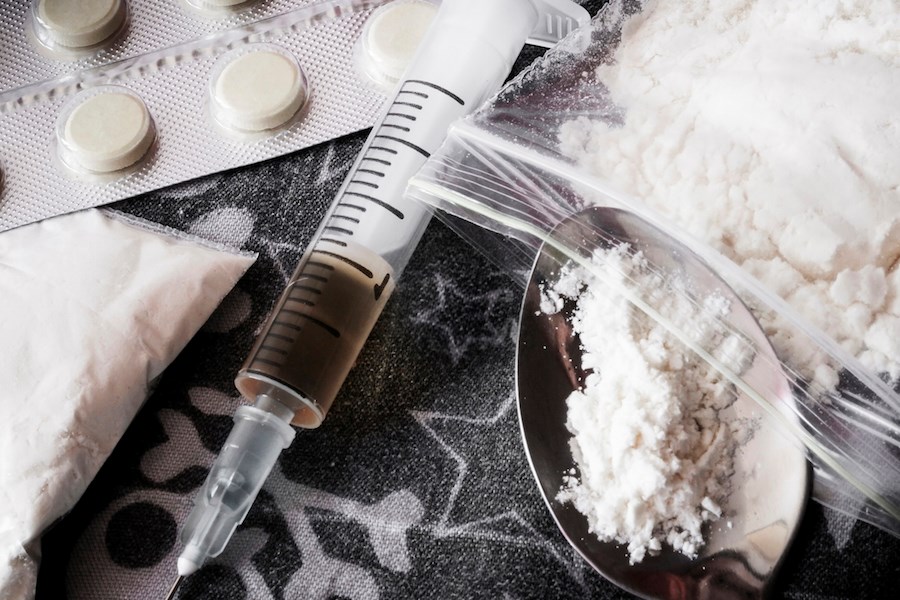Over the last year, there have been renewed calls for “mandatory treatment” to combat British Columbia’s deadliest public health emergency, the opioids crisis. This appeal is (misguidedly) based on the idea that harm reduction strategies — particularly safe supply — have failed.
In 2020, a record 1,716 British Columbians died due to illicit drug overdoses — a 74 percent increase over 2019. (In contrast, the COVID-19 pandemic in B.C. resulted in 912 deaths in 2020.)
However, the term “overdose” is a misnomer. These deaths are more akin to “poisoning” than “overdosing”; they are largely attributable to a toxic supply of illicit opioids containing high concentrations of fentanyl.
But these staggering figures don’t represent a failure of safe supply drug policy.
The reality is that safe supply is virtually non-existent. Drug users do not have access, free or otherwise, to a safe supply of opioids that won’t kill them.
“Safe supply exists primarily in the hype of announcements from the government,” says Garth Mullins, host and executive producer of Crackdown, on Episode #117 of This is VANCOLOUR. “It’s never been made accessible to the people who need it.”
Mullins estimates that there are 90,000 to 100,000 opioids users in B.C. and only 2,000 have access to safe supply.
“Safe supply fundamentally is the pharmaceutical replacement of a thing that people are buying on the street,” says Mullins. “There are regulated, known, safer pharmaceutical equivalents to everything… This would end the overdose crisis overnight.”
The logic is simple: If drug users are dying from a poisoned drug supply, then clean, free, and accessible drugs (i.e. safe supply) will prevent poisoning deaths. Vulnerable drug users will also be less likely to commit crime and dangerous sex work to pay for street drugs.
Safe supply is not meant to cure drug addiction. It is meant to keep people alive by limiting fatal risks because a dead drug user can never rehabilitate.
“The fact that we don’t do it is down to complete cowardice of the political leadership here in British Columbia.”
In September 2020, Provincial Health Officer Dr. Bonnie Henry issued a public health order authorizing registered nurses and registered psychiatric nurses to prescribe pharmaceutical alternatives (safe supply) to street drugs.
Unfortunately, the public health order was never administered, according to Mullins.
“I’m ascribing this to the political leadership of the province, the BC NDP cabinet. Bonnie Henry’s order doesn’t carry the same weight as the [B.C.] Premier deciding that something shall be so. Bonnie Henry's orders are often taken as polite recommendations, certainly on overdose matters.”
Mullins says this is a pattern. In 2019, Dr. Henry recommended that B.C. urgently decriminalize the possession of illegal drugs in order to reduce barriers to health services. B.C. Minister of Public Safety Mike Farnworth dismissed the recommendation because controlled substances are federal jurisdiction.
“When a government really wants to do something, it organizes itself to do it. But when they don’t want to, they allow the diffusion of responsibility to let the gears grind to a halt.”
Earlier this month, the Government of Canada announced that it would fund four safe supply projects, based in Vancouver and Victoria, for people at risk of opioid poisoning. Given the widespread, province-wide population at risk, such projects need to be scaled out across B.C. and implemented immediately. In January 2021, 165 more British Columbians due to opioids poisoning.
Given how quickly and effectively the government mobilized against the COVID-19 pandemic, opioids deaths in B.C. are a shameful indictment of how little policy priority this public health emergency receives.
Not only is this insufficient action costing lives, but it is also unfairly sacrificing the credibility of the most viable solution to prevent deaths — safe supply — which critics are quick to dismiss as a failure even though it hasn't been truly implemented yet.
Mo Amir is the host of This is VANCOLOUR, a politics and culture podcast available on Apple Podcasts, Spotify, Google Podcasts, and www.thisisvancolour.com



